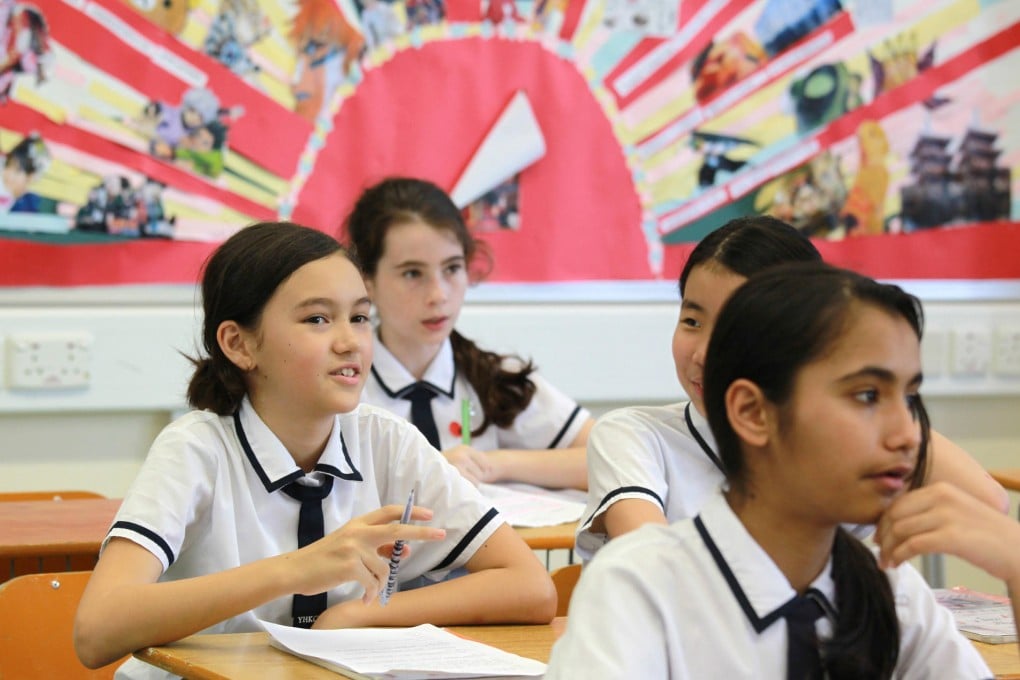New school ties
Local colleges offering alternative curricula at lower costs may give international schools a run for their money, writes Elaine Yau

An international school or English Schools Foundation (ESF) education is usually the default choice for expatriate families in Hong Kong. But this may not be the case for much longer. More progressive local schools have begun offering international curricula, and their lower fees coupled with solid academic standards make them a compelling choice for many families.
The leader of this pack is undoubtedly the YMCA of Hong Kong Christian College in Tung Chung. When the school was set up 10 years ago expatriates made up just 10 per cent of the student body. Now they account for 70 per cent of its 950 students, who are drawn from more than 40 countries.
Maddie Leonczek is among the newer students. The 15-year-old Briton had attended an international school when her family lived in Hong Lok Yuen, but she transferred when they moved to Tung Chung. She has settled in well, although liberal studies, a compulsory subject introduced under 2009 curriculum changes, took some getting used to. But Maddie is relishing the greater exposure to Hong Kong culture at her new school.
"Liberal studies is very different from what I learned before as it covers many things ... like adolescence and youth problems in Hong Kong, which I wouldn't pay attention to normally," she says.
Maddie has been learning Putonghua in class and has picked up a smattering of Cantonese from local students.
The broadening of education choices for expatriate families stems from the Direct Subsidy Scheme (DSS), a programme set up to enhance the quality of private school education.
DSS colleges enjoy greater autonomy than government or aided schools and are free to decide on areas such as the medium of instruction, class sizes and curricula. And in the past couple of years they have begun teaching international programmes. too. Seven of the city's 61 DSS secondary schools now offer international curricula such as the International Baccalaureate (IB) and the General Certificate of Secondary Education (GCSE), up from just five schools in 2010-11.